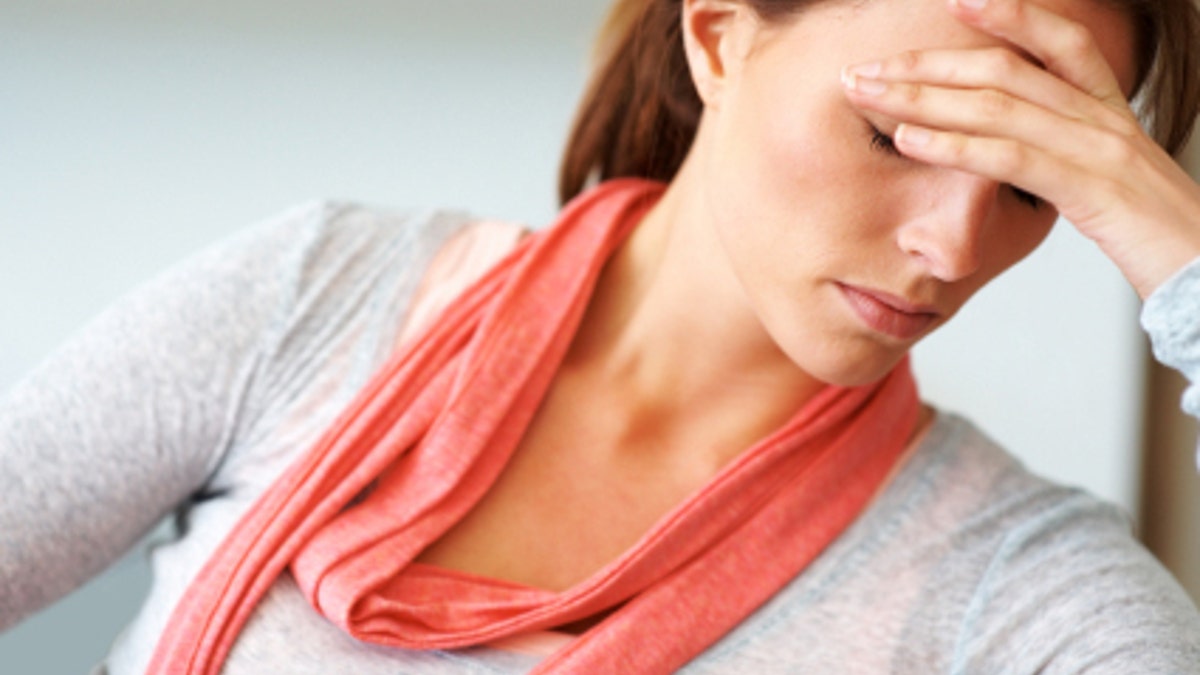
New evidence may explain why work stress, family stress or other emotional stressors may harm women more than men. And it doesn’t have to do with mental toughness - rather, it’s biology.
Though the media tends to portray men as the victims of Type A workaholic stress, studies have shown that women are more likely to have heart problems after being under emotional stress. A “broken heart” (medically known as Takotsubo cardiomyopathy) is eight times more common in women than men. In broken heart syndrome, the loss of a partner literally causes heart muscles to weaken.
Researchers at Penn State College of Medicine went looking for clues for this gender discrepancy and honed in on blood flow to the heart. Normally during times of stress, heart rate and blood pressure rise, prompting a greater demand for oxygen. More oxygen-carrying blood flows into the heart muscle, allowing the heart to work harder and meet the challenges of the stressor.
In the new study, men and women were put under stress while doing three minutes of arithmetic. During the math exercise, researchers lightly badgered the volunteers, asking them to hurry up or telling them they were wrong even when they weren’t. At the end of the task, they underwent several heart function tests.
Both men and women experienced an increase in blood pressure and heart rate. However, while men showed the expected increase in blood flow to the heart, women experienced no change, says study author Chester Ray, Ph.D, professor of medicine and cellular and molecular physiology at Penn State. This lack of oxygen to the heart when needed may cause women to have more heart trouble under stress. [Stress is hard on a woman's heart, study suggests]
Dr. Ray presented his findings at the Experimental Biology 2012 meeting in San Diego this week.
The results were somewhat surprising, say researchers, because previous studies have found that men have significantly less blood flow to the heart than women during exercise—a physical form of stress—so researchers assumed women would have a similar increase in blood flow when under emotional stress.
The study is one more piece of evidence making a case for reducing stress in your life, especially for women. Also, women should be aware that symptoms of a heart attack are different than symptoms for men. Though women can experience intense pressure or pain in the center of their chest, not all women having a heart attack get these classic symptoms. Some may experience shortness of breath, pressure or pain in the lower chest or upper abdomen, dizziness, lightheadedness or fainting, upper back pressure or extreme fatigue.








































